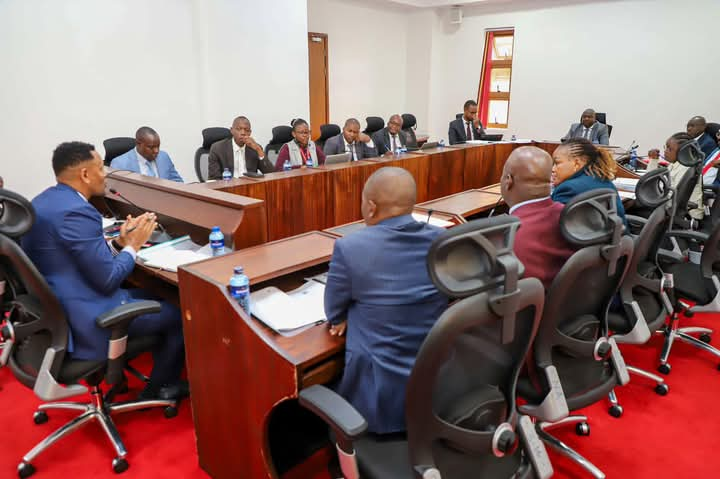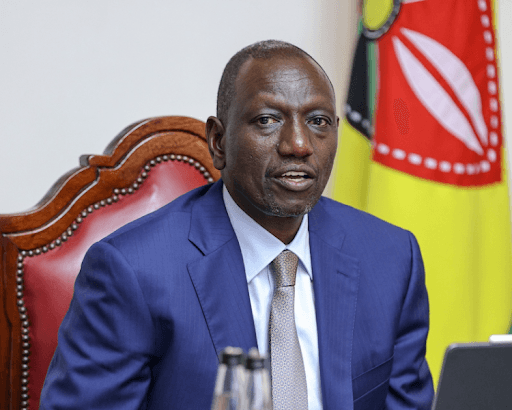

The County Assemblies Forum (CAF) has renewed its call for financial independence and formal legal recognition in the proposed amendments to the Intergovernmental Relations Bill, 2024.
The appeal was made on Tuesday during a consultative session with the National Assembly’s Departmental Committee on Regional Development, chaired by Sigor MP Peter Lochakapong.
Represented by its Secretary General Mwaura Chege, CAF advocated for county assemblies to manage their operational budgets, independent of county executives.
“We cannot access our funds unless the executive allows it. Yet our budget is mostly operational, not for development projects. That is the autonomy we’re asking for,” Mwaura said.
CAF wants its budgetary allocations to come directly from the National Treasury, bypassing the Finance CEC.
The move, they argue, would free county assemblies from the financial grip of the executive and ensure smoother legislative operations.
Committee members echoed these sentiments with Mandera Woman Representative Kassim Umul Ker Sheikh, drawing from her experience as a two-term MCA, highlighting the constant financial struggles MCAs face.
“MCAs are often helpless, waiting on executives for funding. They need their operational budgets to work effectively,” she noted.
Her counterpart from Embu Pamela Njoki Njeru, described the situation as dire.
“MCAs are suffering. If they fall out with a governor or a CEC, everything stops. We need to break that cycle,” she said.
Njeru also pointed out the irony of MCAs vetting CEC Members, only to be later frustrated by the same officers.
“They are blocking Assemblies from functioning while they’re supposed to be accountable to them,” she added.
Committee vice chairperson Paul Abour observed that the issue of executive control over finances isn’t unique to county assemblies.
“Even MPs struggle when the executive holds the purse strings,” he said.
Peter Nabulindo (Matungu) criticised the proposed Bill for failing to guarantee financial independence for MCAs.
“If a CEC is signing off cheques for assembly operations, how can MCAs truly perform oversight?” he questioned.
CAF, the umbrella body representing all 47 county assemblies, has played a central role in promoting legislative standards and inter-county collaboration since its founding in 2013.
However, unlike the Council of Governors (CoG), CAF lacks legal recognition, a gap the new Bill aims to address.
“CAF plays a critical oversight and consultative role in our devolved system. Legal recognition would institutionalize this role and restore balance between the legislative and executive arms at county level,” Mwaura said.
He further highlighted disparities in remuneration and influence, noting that CECs now earn nearly three times what MCAs earn, despite initial parity at the start of devolution.
“This Bill must fix that imbalance,” he urged.
The Committee is now compiling views from stakeholders, including CAF, and will prepare a comprehensive report for tabling in Parliament.











